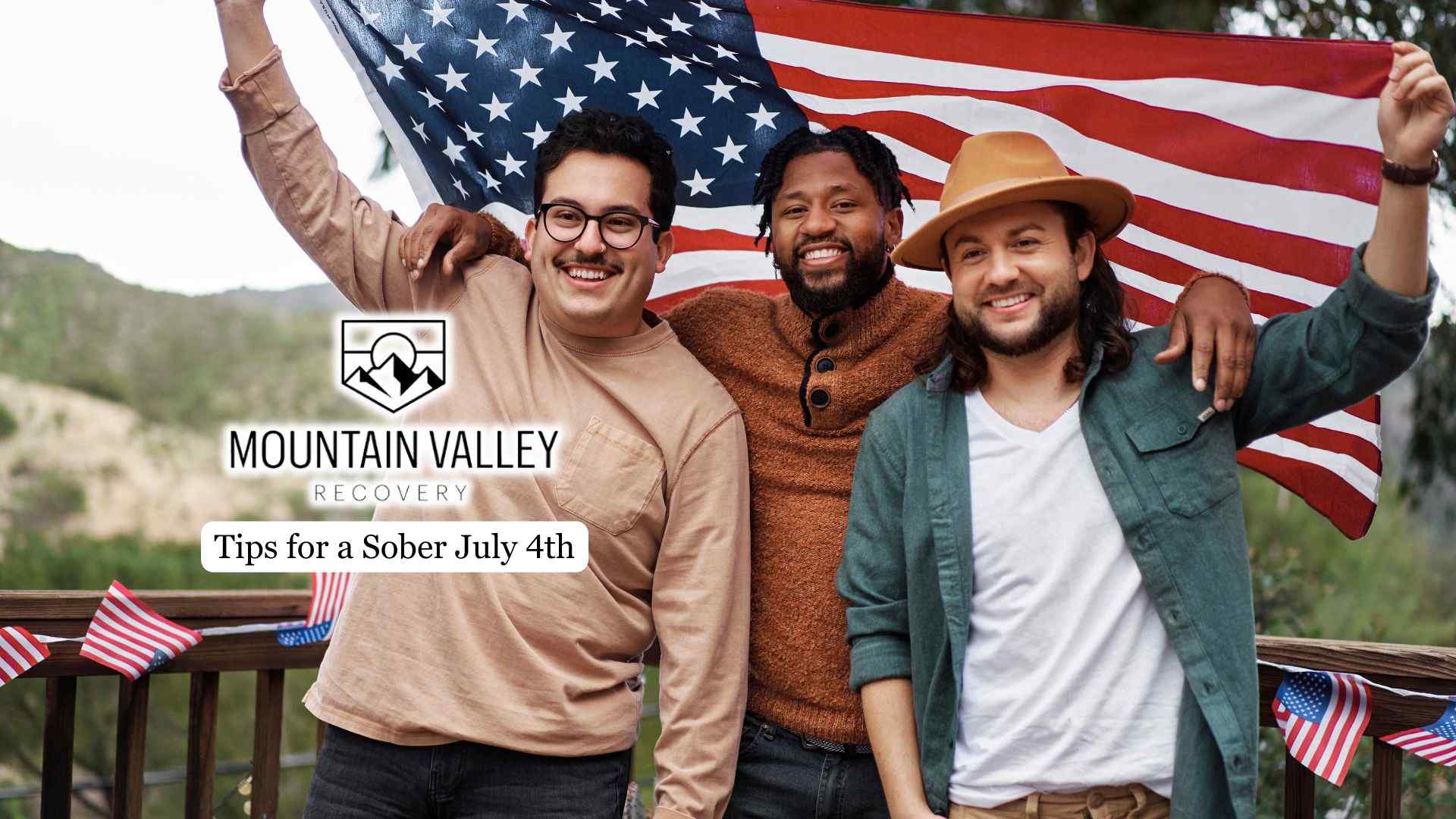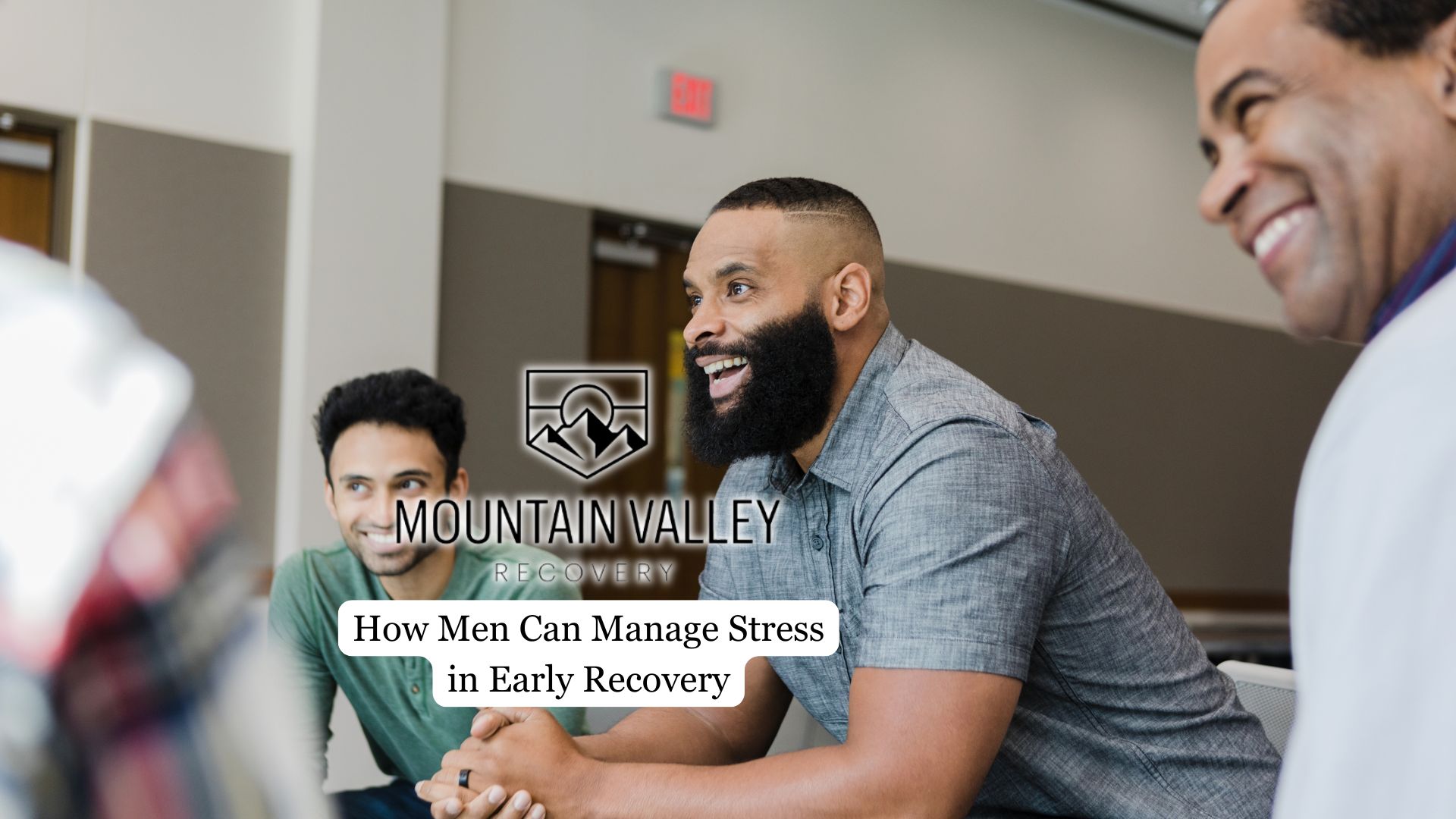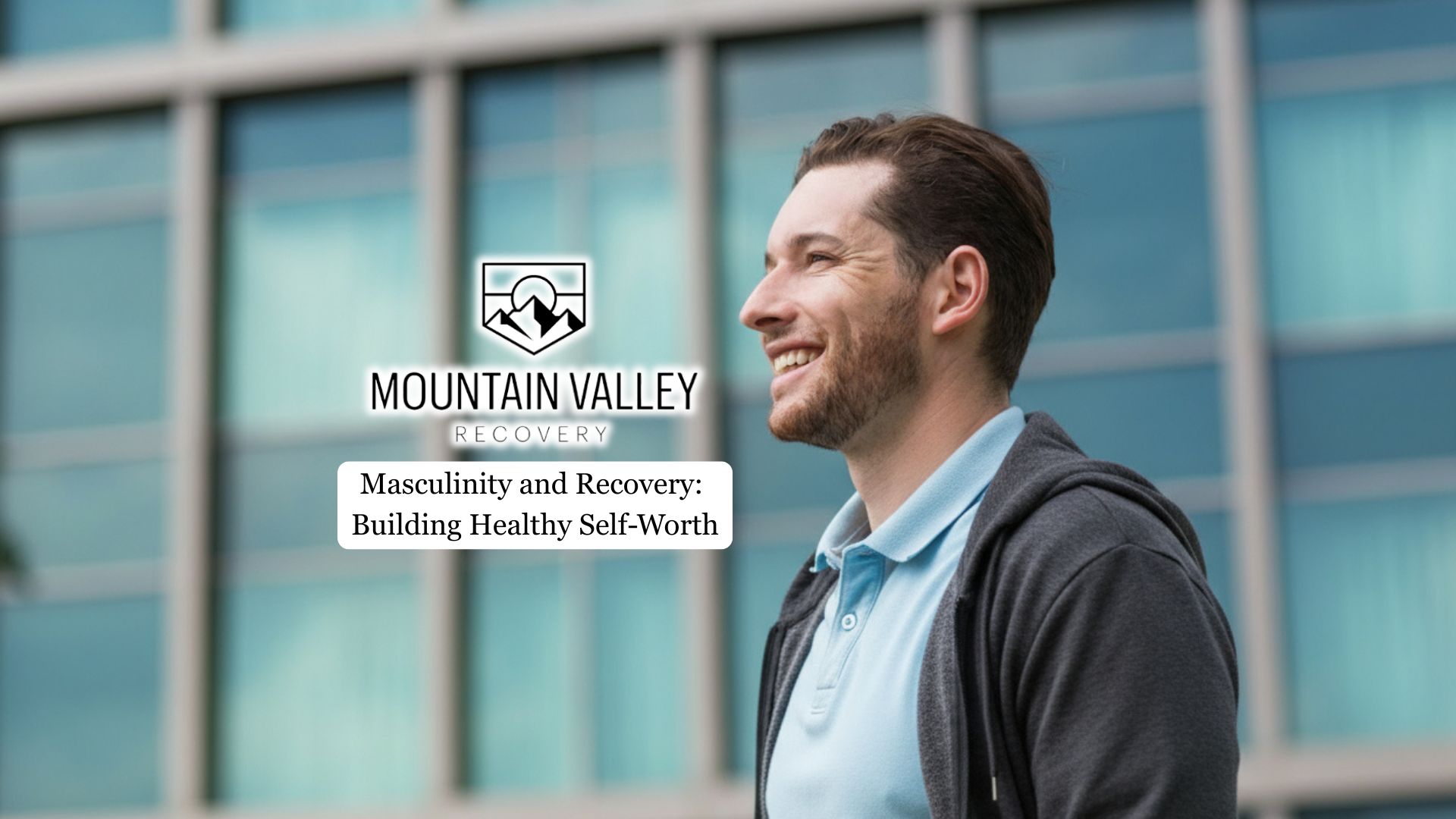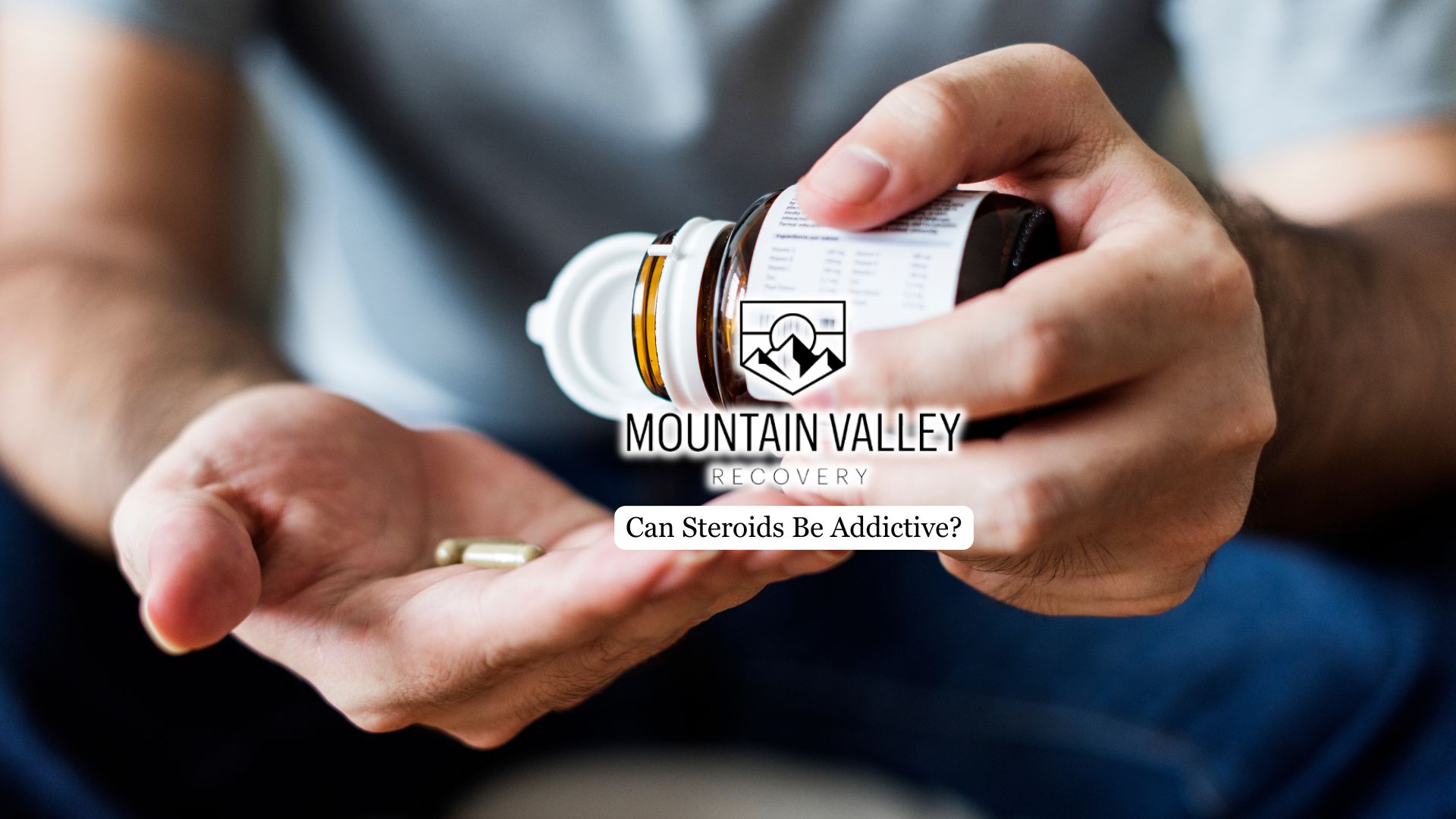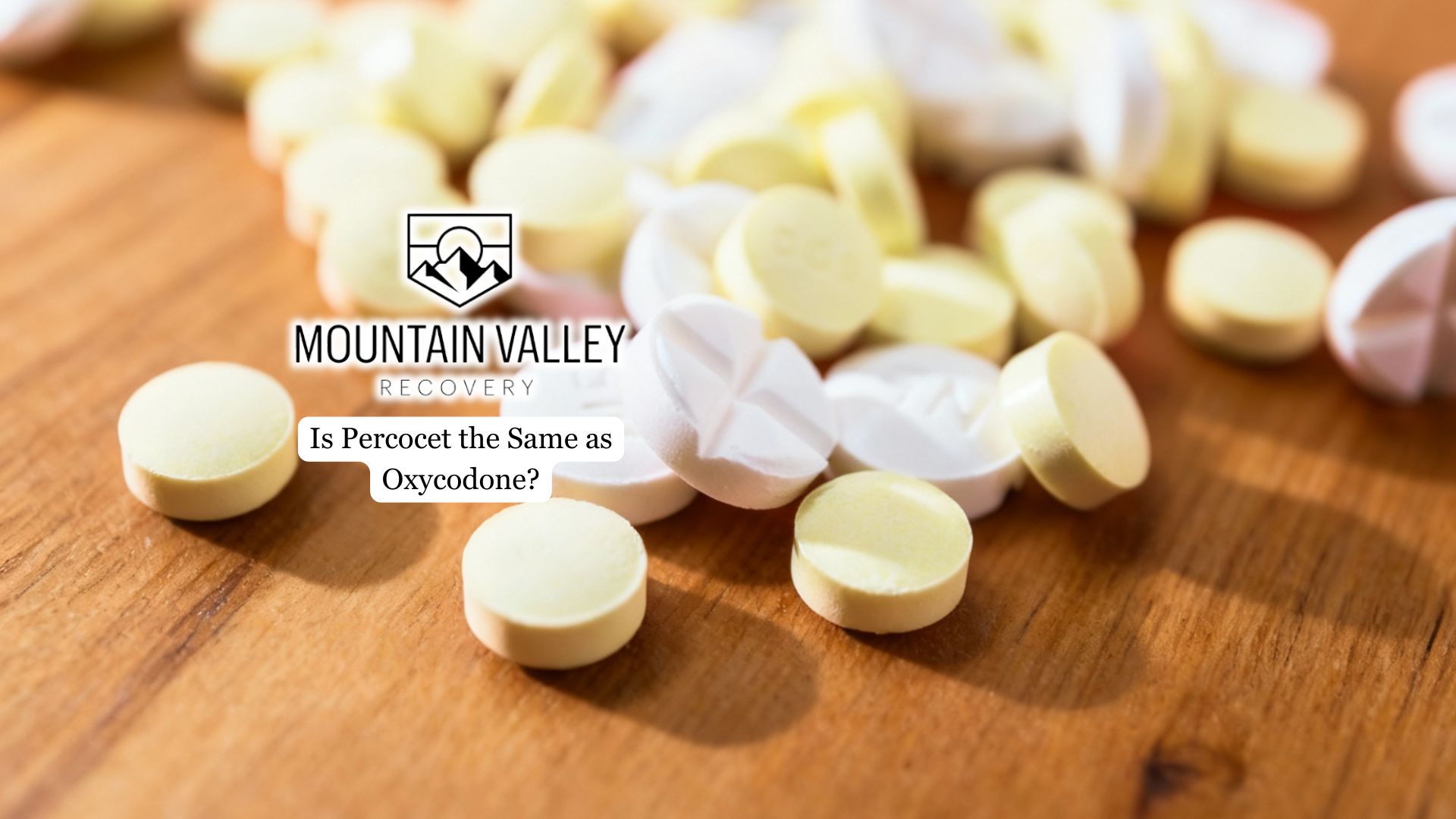The Fourth of July is a quintessential American holiday steeped in tradition, marked by displays of patriotism, barbecues, and often, alcohol consumption. However, for those in recovery or choosing to embrace a sober lifestyle, this celebratory atmosphere can present unique challenges. Maintaining sobriety on Independence Day doesn’t necessitate isolation or a lackluster experience.
In this article, you will find practical tips for partaking in the festivities without jeopardizing your hard-earned sobriety.
Identify Potential Triggers
Understanding your personal triggers is paramount. Reflect on past experiences and identify situations, environments, or even specific conversations that historically led to cravings or relapse.
Common triggers during July 4th celebrations might include the presence of alcohol at parties and barbecues.
Another is social pressure, wherein you feel pressured to participate in drinking games to be social.
The holiday can also be stressful, with travel and crowds potentially creating anxiety that might lead to cravings. Likewise, a lack of engaging activities can sometimes lead to boredom, which can then trigger cravings.
Men struggling with alcoholism can seek professional help at our residential rehab in Holden, Utah. We offer a specialized Alcohol Addiction Treatment program designed for men, combining therapy, life skills, and hands-on farm work. It provides a holistic addiction treatment that allows men to heal at their own pace.
Develop a Plan
Once you have identified potential triggers, craft a detailed plan to mitigate their impact. This plan should address various aspects of the holiday and include specific coping strategies. By utilizing strategies, it is possible to stop your alcohol cravings.
For example, you can consider hosting your own alcohol-free gathering or attending events hosted by friends and family who are aware of your commitment to sobriety. If you are attending a party where alcohol will be present, discuss your needs with the host beforehand.
Local community calendars often list alcohol-free events such as parades, concerts, and fireworks displays that allow individuals to celebrate the holiday without the presence of alcohol.
Organizing or attending a sober picnic or barbecue with friends and family is another way to focus on food and activities rather than drinking, which is the opposite of an alcoholic who prefers drinking over social interactions.
Volunteering opportunities at local events or charities provide meaningful engagement and promote community involvement while maintaining sobriety.
Participating in outdoor activities like hiking, biking, or playing sports with sober friends is an enjoyable way to spend the day and stay active.
Local support groups or recovery networks may also organize sober July 4th events or gatherings, creating a safe environment for individuals in recovery to celebrate the holiday without the temptation of alcohol.
Bring a Sober Companion
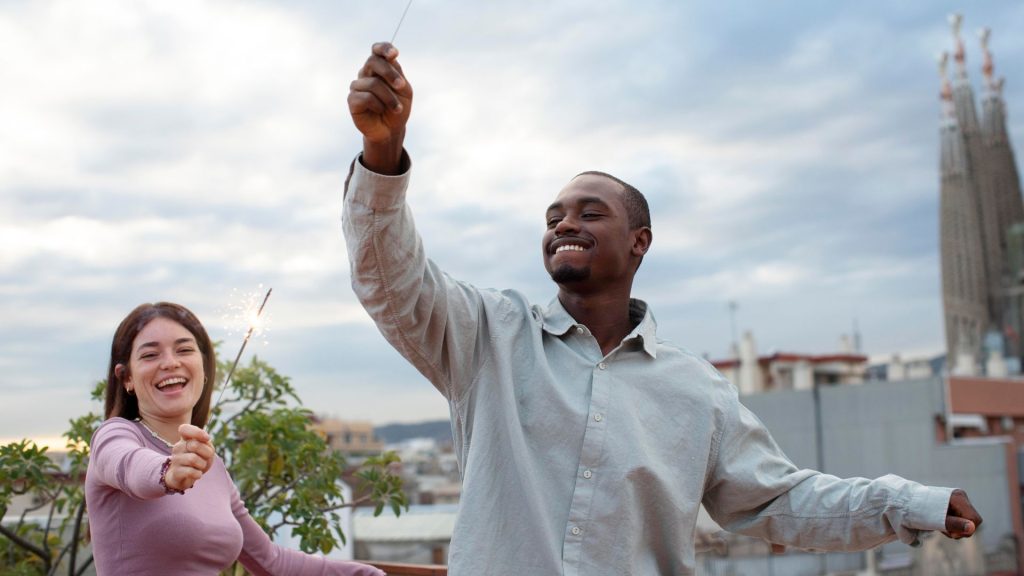
A sober companion provides support, accountability, and a shared understanding of the challenges you faced when attending events where alcohol is present.
They can help you navigate potential triggers and make decisions to leave if the environment becomes overwhelming. Having a sober companion reduces feelings of isolation and allows an enjoyable experience without the influence of substances.
This support system can be particularly valuable in celebratory settings where the temptation to drink may be heightened. While a sober companion can be beneficial, it’s important to remember that the responsibility for maintaining sobriety lies with you.
Alcoholics Anonymous (AA) provides a mutual support group that plays a crucial role in treating alcoholism by fostering shared experiences and mutual accountability. Through regular meetings, members come together to openly share their struggles, successes, and recovery journeys, creating a safe, non-judgmental environment that promotes empathy and understanding. This collective sharing builds a strong sense of belonging and connection, which motivates individuals to maintain sobriety and reinforces the belief that recovery is possible.
Practice Assertiveness
Assertiveness involves confidently communicating your commitment to recovery and setting clear boundaries regarding alcohol consumption. This may include politely declining alcoholic beverages and being prepared to leave situations that could compromise your sobriety.
Self-care encompasses engaging in activities that promote your mental and physical well-being, such as exercise, meditation, and healthy eating, which can help reduce stress and maintain your focus on recovery goals.
Incorporating mindfulness techniques, like deep breathing or visualization, can help you stay grounded and focused on their recovery amidst the festivities. Keeping a list of supportive contacts provides a resource to reach out to when feeling tempted.
Create an Exit Strategy
A well-defined plan should be established before the event, outlining when and how to leave if triggers or uncomfortable situations arise.
It’s advisable to have personal transportation available to ensure a quick departure if needed, without relying on others.
Communicating the exit strategy with a trusted sober friend or accountability partner can provide additional support and accountability. Keeping a list of emergency contacts, such as a sponsor or sober friends, readily available on a mobile device can offer immediate support if feelings of being overwhelmed occur.
Practicing mindfulness can help recognize early signs of discomfort, allowing for a timely exit before the situation becomes too challenging.
Final Thoughts from Mountain Valley Recovery
As a rehab on a ranch, Mountain Valley Recovery offers a distinctive rehabilitation experience designed to tackle the unique needs and obstacles men encounter when fighting alcohol addiction. Our program integrates evidence-based therapies with a supportive, male-oriented approach that can be especially beneficial for men grappling with alcoholism.

